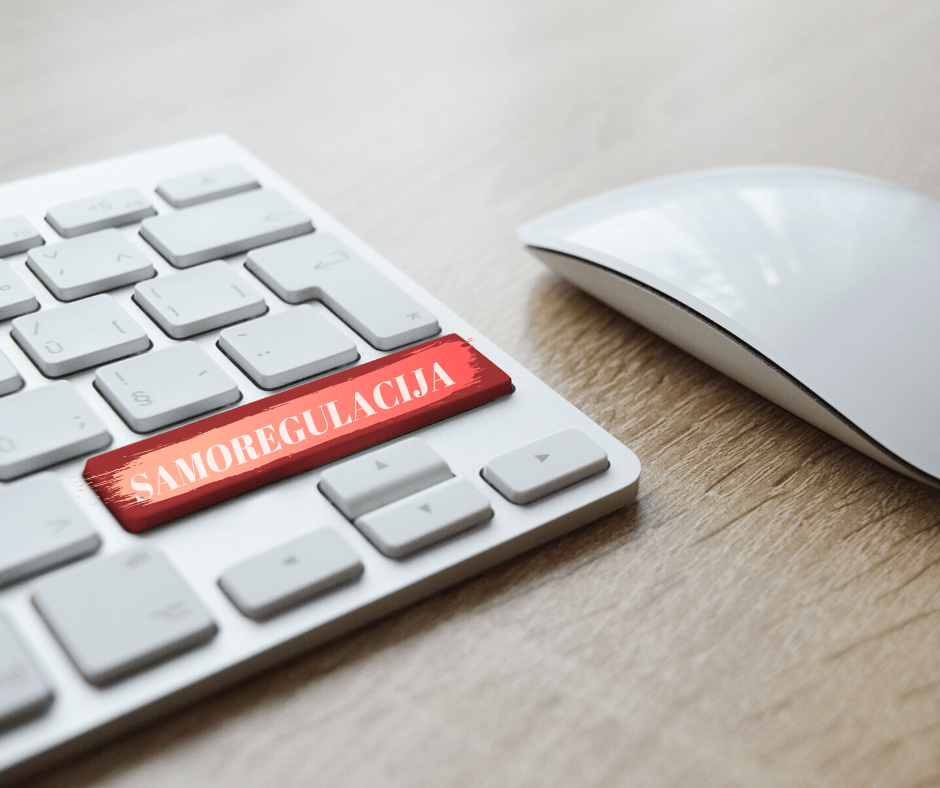
PODGORICA, 26.10.2019. – I have been a journalist for over a decade and a half, I have worked in various media, I have never been sued for the way I work, or even for the violation of honor and reputation. However, it is certain that, not just once, I paid the price to the lack of experience, ambition, pressures of environment and pressures that came from the editors.
The absence of lawsuits, of course, does not diminish the responsibility, nor the obligation to learn from these examples and to approach each case more carefully. I am not less responsible for the lack of intent. The number of lawsuits on that basis, I am sure, does not say exactly how much or how often that right is violated in Montenegrin journalism.
With the exception of malicious and conscious violation of ethical and professional norms, which is a special topic, as well as domestic rather discouraging judging practice, where journalists most often make mistakes when it comes to breach of honor and reputation?
The imperatives of “daily” journalism, among which are: being first and “exclusive”, having as much details as possible, “feeding” the hunger of the consumer of information, which does not always correspond with the public interest, that is, information in favor of the general society, ambition and the lack of education of journalists and the demands of editors are the most common reasons for violations of honor and reputation. Among these reasons is an inadequate interpretation of journalistic freedom and the right of the public to know.
In the case of journalists in small communities, who usually do not often have the opportunity to receive good advice or adequate education, and where journalism comes from a variety of professions, with different educational backgrounds and personal goals, the potential for error is greater.
In such an environment, we are subject to pressures that come from those in the community who have some kind of power or we perceive them as powerful. In small environments, it is more common to succumb to the influence of people who are perceived as close and to be classified as one of the parties. Shortsightedness and intolerance of what is not our position also leads to slippery terrain, which opens the possibility of being unprofessional, unethical and, ultimately, sued. Lack of skill or desire to prioritize professionalism and ethics over personal emotional reactions, antipathies and sympathies are often a sure path to violations of ethical and professional standards.
With educating and knowing the normative framework relating to journalistic work, freedom of expression, and even the honor and reputation of an individual, one can contribute to avoiding lawsuits, that is, situations in which we make a mistake about those we are writing about. How much do we know and how much do we try to find out regarding this?
The integrity with which you treat the editorial staff is very important in trying to protect the journalist’s professionalism as well as those he writes about. Editors are not infallible, their stance is subject to criticism and review. In addition, with “clearly and loudly” confronting when you are assigned a task, you will save yourself from, possibly, lawsuits, and set boundaries for future similar requests of superiors and profile yourself like a person who respects your own job, the medium for which you work and those for which the information is intended.
The information you receive, even when it is “obviously accurate”, should be checked several times before being put on paper or let in ether. The interest of the source of this information should also be carefully checked. Don’t allow yourself to become a “weapon” for personal calculation and revenge. In small environments, this is a great danger.
Carefully consider how much is the information which you convey in the public interest, whether the information you convey contributes to the common good or just you want to be “read”, shock the public, be the author of “news of the day”.
Make a lot of effort to comply with the “other party rule”. Do not take this rule narrowly and superficially. Unfortunately, many colleagues are content to simply offer the “other party” a statement. In my opinion, it is the duty of the journalist to “go one step further”, that is, to check the statements he has received.
Without vanity, ask for advice the colleagues which you respect who know more and work longer. And lastly, if you make a mistake, don’t try to justify that, find the courage, whether or not there is a lawsuit, to apologize and try to minimize the consequences of your mistake.
Dragana Scepanovic, journalist
The text was created within the project “Monitoring for free media” implemented by the Trade Union of Media of Montenegro within the framework of a major project “Judicial Reform: Upgrading CSO’s capacities to contribute to the integrity of judiciary” financed by the European Union, and implemented by the Center for Monitoring and Research (CeMi) in partnership with the NGO Center for Democracy and Human Rights (CEDEM) and the Network for the Affirmation of European Integration Processes (MAEIP).